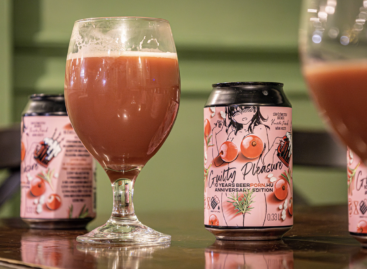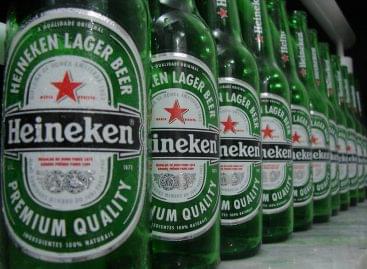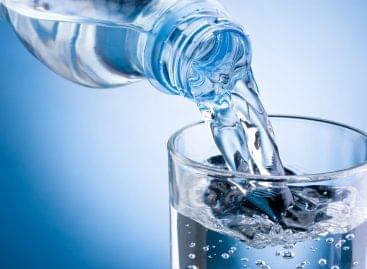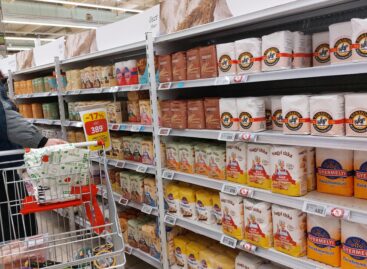Extreme summer, record heat: this is how chain stores are reacting to the heat
Budapest has never experienced such a high temperature as this summer: a new heat record of 36.2 degrees Celsius was set, and heat alerts followed one another across the country. The heat not only affects public well-being, but also the operations of stores. Pénzcentrum contacted the largest domestic food chains – Aldi, Lidl, Penny, Spar and Tesco – to find out how they are preparing for the heat wave, which products will see the highest demand, and what additional costs cooling or product supply will cause.
 According to the stores, almost everyone buys mineral water, ice cream and beer at this time – but these are not the only things that sell well. According to Aldi’s experience, products needed for grilling – such as pre-marinated meats, grilled sausages and vegetables – are also very popular, as are fresh baked goods. In the non-food category, fans, sunscreen, swimwear and parasols are the most popular. Penny sees similar peaks in sales: in addition to mineral waters, beers and cooling treats, domestic fruits such as watermelons and peaches are particularly popular, but fresh salads and vegetables are also selling well.
According to the stores, almost everyone buys mineral water, ice cream and beer at this time – but these are not the only things that sell well. According to Aldi’s experience, products needed for grilling – such as pre-marinated meats, grilled sausages and vegetables – are also very popular, as are fresh baked goods. In the non-food category, fans, sunscreen, swimwear and parasols are the most popular. Penny sees similar peaks in sales: in addition to mineral waters, beers and cooling treats, domestic fruits such as watermelons and peaches are particularly popular, but fresh salads and vegetables are also selling well.
At Spar, the heat is also driving up sales of barbecue products, fans and coolers in addition to drinks and coolers, while in Tesco stores, Mediterranean and honey-mustard flavored meats, as well as inflatable pools and water guns, are also very popular. According to Lidl, fans and grills will also catch up with the holy trinity of mineral water, ice cream and beer in the summer.
However, the heat not only means increased demand, but also logistical challenges. Both Aldi and Penny acknowledge that extreme weather and surges in demand can sometimes cause temporary shortages – especially for fresh fruit and vegetables, which are sensitive to UV radiation and lack of rainfall. At the same time, all chains have stressed that they are trying to prevent supply problems through conscious planning, long-term supplier relationships and pre-stocking. Spar and Tesco are preparing for the season by ordering special and seasonal products, while Penny is ensuring supply by involving external refrigerated warehouse capacities.
The heat is also reflected in energy consumption: air conditioning in stores and the increased use of refrigeration equipment is causing a significant increase in overhead costs. According to Penny, this could mean an increase in electricity consumption of up to 30%, while Spar and Tesco are also counting on foreseeable additional costs. To mitigate this, most supermarket chains are implementing energy efficiency improvements: they are using closed refrigerated cabinets, heat pumps and solar panels.
The summer heat is therefore not only driving up the beaches, but also the stores – during the heat wave, new shopping habits, logistical challenges and higher costs characterize the life of stores. The goal of the store chains is to ensure the needs of customers in all circumstances – whether it is chilled drinks, fresh fruit or an inflatable pool.
Related news
Hungarian beer magazine celebrates with rosé beer
🎧 Hallgasd a cikket: Lejátszás Szünet Folytatás Leállítás Nyelv: Auto…
Read more >Related news
Festive table, new habits
🎧 Hallgasd a cikket: Lejátszás Szünet Folytatás Leállítás Nyelv: Auto…
Read more >








